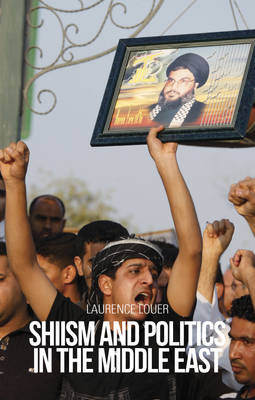Laurence Louer's timely study immediately precedes the outbreak of unrest in Bahrain that triggered the escalation of the so-called Arab Spring of 2011. In addition to issues relating to the role of Shiite Islamist movements in regional politics, she provides context for the Bahraini conflict and Shiism's wider implications as a political force in the Arab Middle East. Louer's study depicts Bahrain's troubles as a phenomenon rooted in local perceptions of injustice rather than in the fallout from Shiite Iran's foreign policies. She more generally argues that, although Iran's Islamic Revolution had an electrifying effect on Shiite movements in Lebanon, Iraq, Saudi Arabia, and the Gulf, local political imperatives ultimately have been the crucial driver of developments within Shiite movements -- though Lebanon's Hezbollah remains an exception. In addition, the rise of lay activists within Shiite movements across the Middle East and the emergence of Shiite anticlericalism have diminished the overwhelming influence of the Shiite clerical institution.
Louer ultimately dispels the myth that Iran has determined the politics of Iraq, Bahrain, and other Arab states with significant Shiite populations. As revolution continues to spread across the Middle East, her analysis couldn't be more clarifying or necessary.
- ISBN10 0231703287
- ISBN13 9780231703284
- Publish Date 30 October 2012 (first published 1 October 2012)
- Publish Status Temporarily Withdrawn
- Out of Print 3 April 2013
- Publish Country US
- Imprint Columbia University Press
- Format Hardcover
- Pages 176
- Language English
